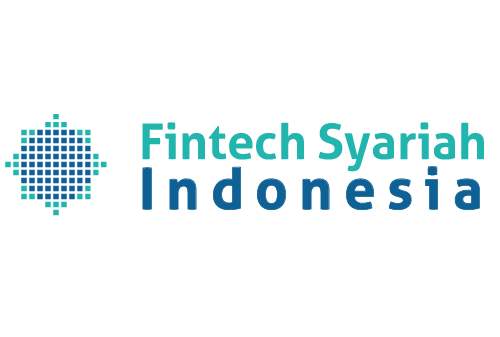Kajian Penggunaan Aplikasi Paylater Dalam Pandangan Maqashid Syariah
DOI:
https://doi.org/10.59580/iesbir.v3i3.10540Abstract
Abstract
The payment system through the paylater application on various e-commerce platforms has recently grown rapidly in Indonesia. The Buy Now, Pay Later service feature allows consumers to buy goods on credit and pay for them later. The use of this application also needs to be studied from the perspective of maqashid sharia, whether it is in accordance with its principles which focus on protecting five main aspects,This study uses a literature review method, namely collecting relevant information or references for a particular topic. The results of this study explain that the use of paylater in maqashid sharia must be adjusted to the level of need: maslahat daruriyat for urgent needs, maslahat hajiyat to support comfort and maslahat tahsiniyat which should be avoided if only for a consumptive lifestyle. Purchases of goods and transactions using paylater must be in line with the principles of maqashid sharia so that they remain in accordance with Islamic values and do not cause adverse financial impacts. Transactions via paylater are permitted (mubah) as long as they do not violate the law and sharia. However, in its implementation there is an additional handling fee of 1%, an additional bai' at-taqsith fee of 2.95% and a late fine of 5%. Meanwhile, the scholars categorize late fines as usury nasi'ah. Therefore, the use of paylater is considered to comply with the principles of maqashid sharia provided that its use takes into consideration financial policies and capabilities and does not violate the sharia and applicable regulations.
Keywords: Paylater, maqashid sharia, levels of need, riba nasi'ah
Abstrak
Sistem pembayaran melalui layanan paylater di berbagai platform e-commerce belakangan ini semakin berkembang pesat di Indonesia. Fitur layanan Buy Now, Pay Later memungkinkan para konsumen membeli barang secara kredit dan membayarnya di kemudian hari. Penggunaan layanan ini juga perlu dikaji dari sisi maqashid syariah, Penelitian ini menggunakan metode literature review, yaitu mengumpulkan informasi atau referensi yang relevan untuk topik tertentu. Hasil penelitian ini menjelaskan bahwa penggunaan paylater dalam maqashid syariah harus disesuaikan dengan tingkat kebutuhan: maslahat daruriyat untuk kebutuhan mendesak, maslahat hajiyat untuk menunjang kenyamanan dan maslahat tahsiniyat yang sebaiknya dihindari jika hanya untuk gaya hidup konsumtif. Pembelian barang dan transaksi menggunakan paylater harus selaras dengan prinsip maqashid syariah agar tetap sesuai dengan nilali-nilai Islam dan tidak menimbulkan dampak finansial yang merugikan. Transaksi melalui paylater diperbolehkan (mubah) asalkan tidak melanggar hukum dan syariat. Namun, dalam penerapannya dikenakan tambahan biaya penanganan 1%, tambahan biaya bai’ at-taqsith 2,95% dan denda keterlambatan 5%. Sedangkan denda keterlambatan, para ulama mengkategorikannya sebagai riba nasi’ah. Oleh karena itu, penggunaan paylater dianggap memenuhi prinsip maqashid syariah dengan syarat penggunaannya mempertimbangkan kebijaksanaan dan kemampuan finansial serta tidak melanggar syariat dan peraturan yang berlaku.
Kata kunci: maqashid syariah, tingkatan kebutuhan, Paylater,riba nasi’ah
Downloads
Published
How to Cite
Issue
Section
License
Copyright (c) 2025 Sasmita Nurvinda Laili, Diva Azka Karimah

This work is licensed under a Creative Commons Attribution 4.0 International License.
Authors who publish with this journal agree to the following terms:
- Authors retain copyright and grant the journal right of first publication with the work simultaneously licensed under a Creative Commons Attribution 4.0 International License that allows others to share the work with an acknowledgment of the work's authorship and initial publication in this journal.
- Authors can enter into separate, additional contractual arrangements for the non-exclusive distribution of the journal's published version of the work (e.g., post it to an institutional repository or publish it in a book), with an acknowledgment of its initial publication in this journal.
- Authors are permitted and encouraged to post their work online (e.g., in institutional repositories or on their website) before and during the submission process, as it can lead to productive exchanges, as well as earlier and greater citation of published work.

This work is licensed under a Creative Commons Attribution 4.0 International License.











